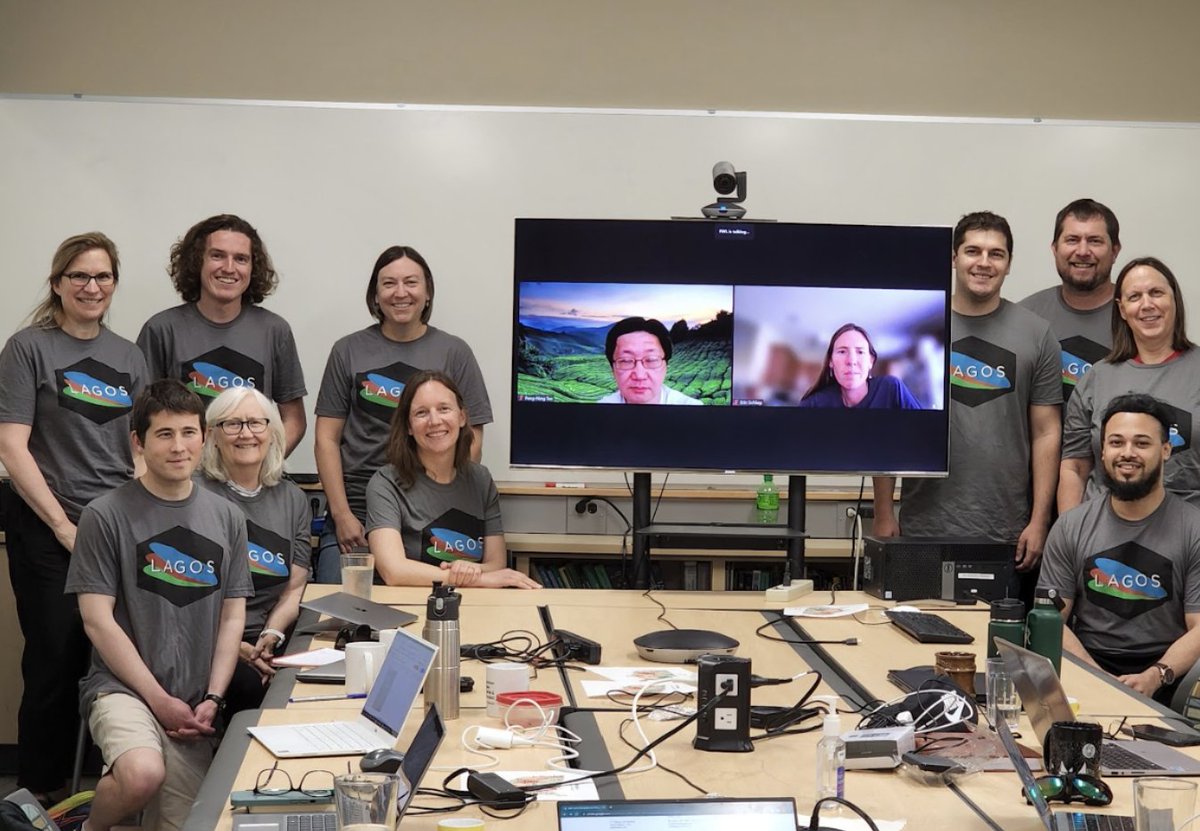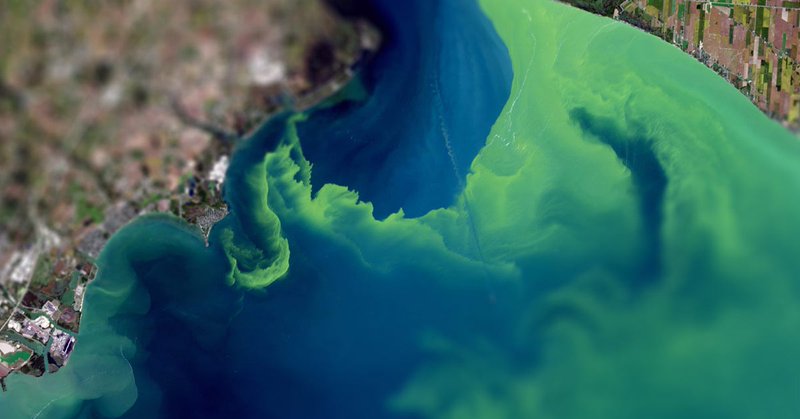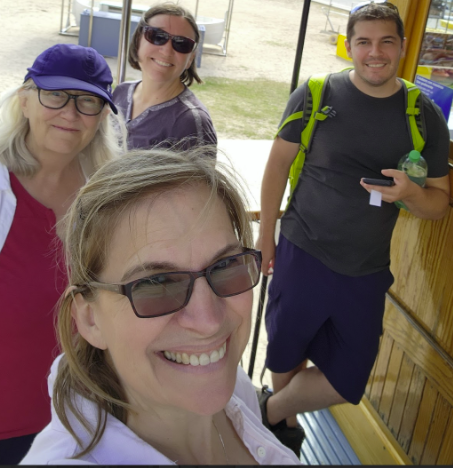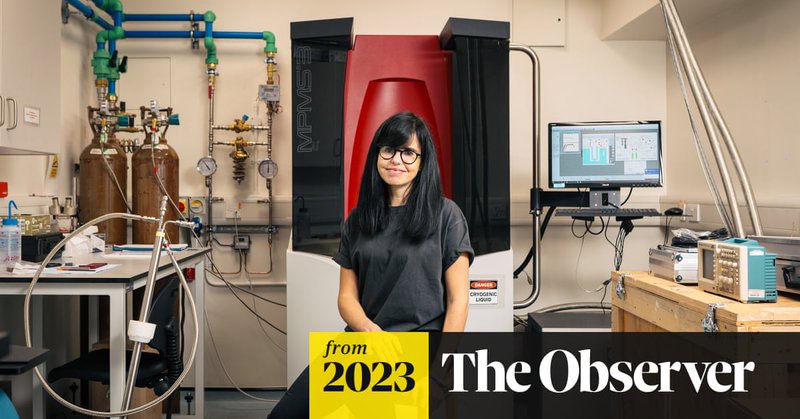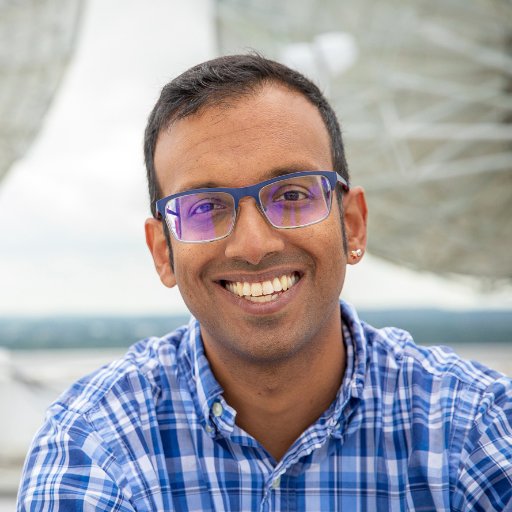
Patricia Soranno
@PatSoranno
Followers
1K
Following
6K
Media
67
Statuses
2K
Ecology at scale | National Nature Assessment | Science leadership | Equity and inclusion | Research infrastructure | https://t.co/9WabD58Cou
Michigan State University
Joined May 2011
🌊Study out now in @PNASNews from @MSU_NatSci and a great group of collaborators!. Part 2: Findings & Resources (1/10). In our previous thread, we described why algal growth and open science matter. Now let’s get to the paper 👇🏻🧪
2
5
8
🌎 This #EarthDay, we challenge scientists to advocate for our planet by fighting environmental data censorship. Keep vital data alive! Use independent, open-source resources in your research and contribute your own data. #OurPowerOurPlanet #OpenScience
0
3
6
Thanks to @JuliaElenaMusto at @Independent for highlighting our recent publication!. We need broad-scale research to understand why some lakes are more vulnerable than others to climate-driven changes🍃🌡️. #Climate #Science.
the-independent.com
Rising temperatures and nutrient pollution allows for the growth of algal blooms that can impact drinking water and kill wildlife
0
3
4
(10/10) Missed Part 1?.Catch up on our introduction to why algae biomass and open science matter below 👇🏻.
🌊Fresh findings coming soon!. (1/5) We found that climate causes changes in algal growth in freshwater lakes. The organisms are small, but the implications of these findings and the methods used to achieve them are vast. Check out why it matters below 👇🏻🧪
0
0
1
(9/10) A sincere thank you to @MSU_NatSci, @PNAS, the NSF Macrosystems Biology Program that funded this work, and our fantastic group of co-authors, just a few of which are pictured here. 💫. Team science produces stronger science 💪
1
0
1
RT @DrNatashaDowey: This article will brighten your day!. @jesswade you are blimming fantastic 🌟. ‘Why are they not on Wikipedia?’: Dr Jess….
theguardian.com
Despite some advances, men still dominate science but one academic is working hard to get women and peers of colour the recognition they deserve
0
13
0
Such thoughtful approaches to more inclusive publishing. Bravo on the efforts and progress!.
Last year @JGRBiogeo published it's first diversity statement. This year, we show our receipts and the work still to be done:
0
0
2

